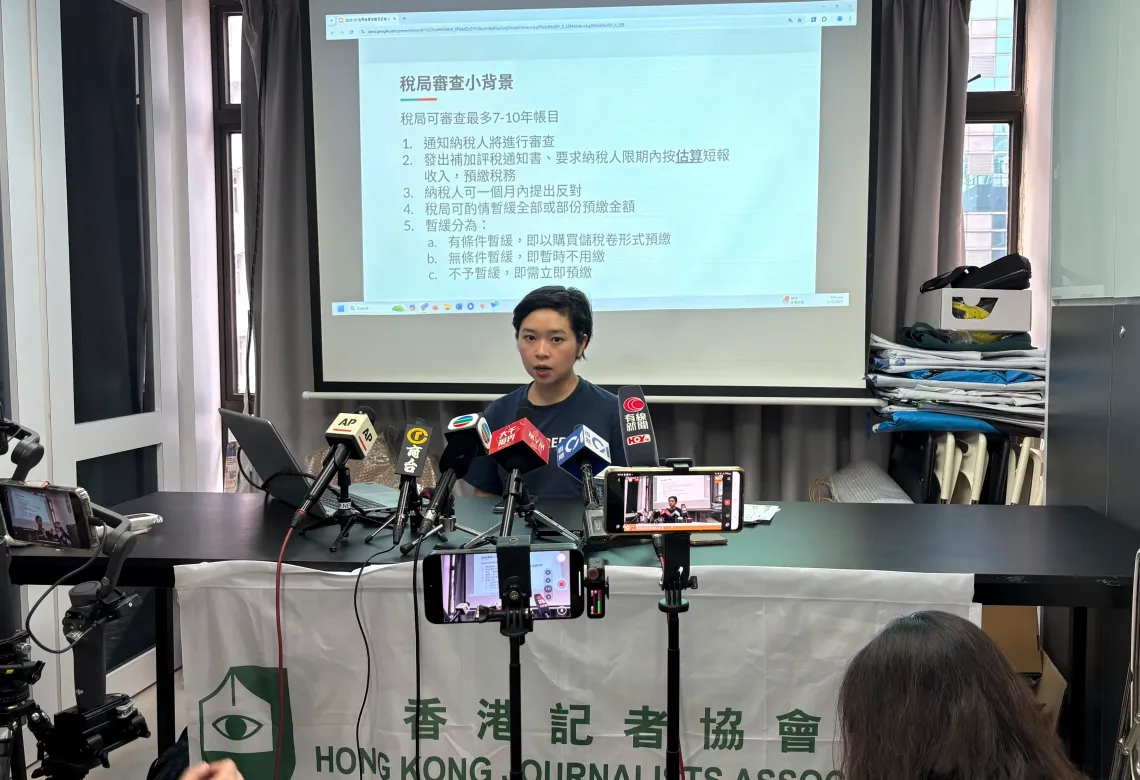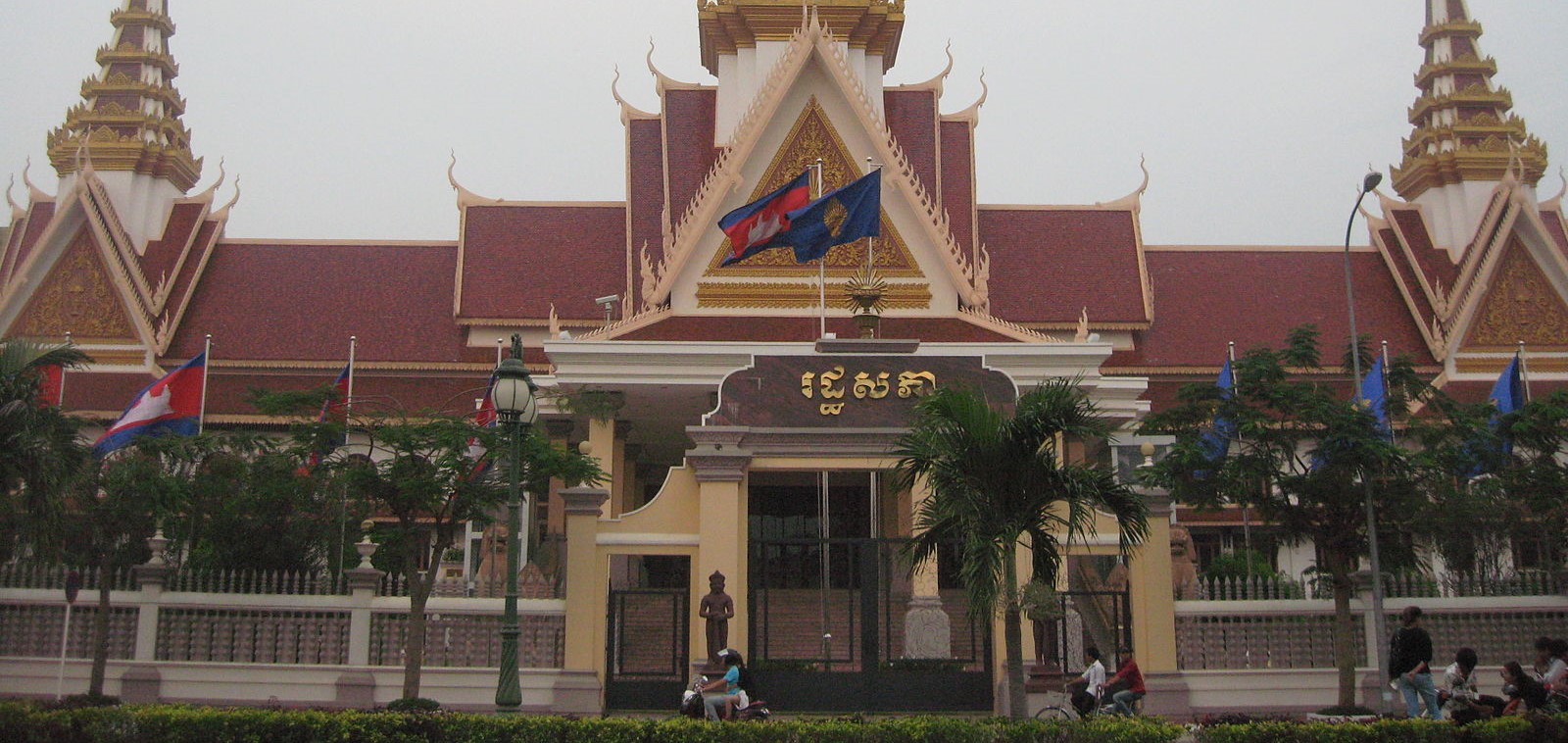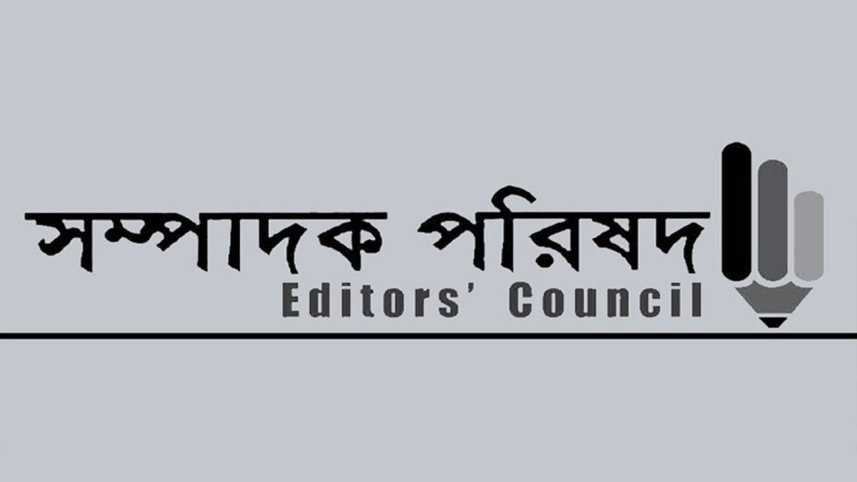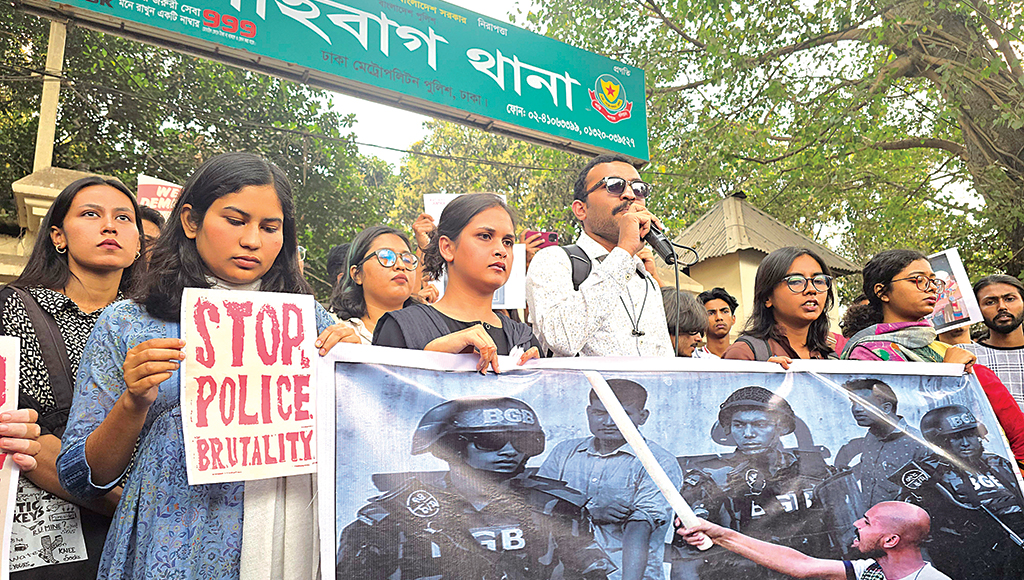
Hong Kong’s Independent Media Face Intensified Pressure Through Tax Audits
May 22, 2025
Vika: The Journalist Who Exposed Russian “Black Sites” and Became a Victim
May 22, 2025May 22, 2025 – Cambodia –
Environmental journalist Ouk Mao was arrested without a warrant by Cambodian authorities on May 16, 2025, sparking widespread condemnation from international press freedom and human rights groups. Mao, who reports for Intriplus News, has been a vocal critic of illegal logging and environmental destruction in Cambodia’s protected areas, especially around the Prey Lang Wildlife Sanctuary. He now faces charges of “incitement to commit a felony” and “public defamation,” offenses that could result in several years of imprisonment.
His arrest follows a pattern of ongoing harassment. In March 2025, Mao was violently attacked by four unidentified men while investigating logging activity. Although he reported the incident to the police, no suspects were apprehended. In recent months, he has also received repeated threats, underscoring the increasing dangers faced by Cambodian journalists covering environmental issues.
International organizations, including Reporters Without Borders (RSF), the Committee to Protect Journalists (CPJ), and the Southeast Asian Press Alliance (SEAPA), have called for Mao’s immediate release and the dismissal of all charges. RSF described the arrest as “arbitrary” and part of a rising trend of judicial harassment against independent journalists in Cambodia. CPJ emphasized that this kind of legal intimidation is being used to silence environmental watchdogs and stifle reporting on government corruption and corporate exploitation of natural resources.
This incident comes amid growing international concern over Cambodia’s press freedom. In late 2024, journalist Chhoeung Chheng was fatally shot while reporting on illegal fishing, and in early 2025, British reporter Gerald Flynn was blacklisted and expelled. These actions, critics argue, reflect a concerted effort by the government to quash dissent and control environmental narratives.
Mao’s case highlights the urgent need for stronger protections for journalists working in high-risk beats. Advocates warn that if the Cambodian government continues to punish those who expose ecological wrongdoing, it not only undermines press freedom but also endangers the country’s environmental future. As of now, Ouk Mao remains in pre-trial detention, with no clear timeline for resolution.
Reference –
CPJ, partners press Cambodia to release environmental reporter Ouk Mao




